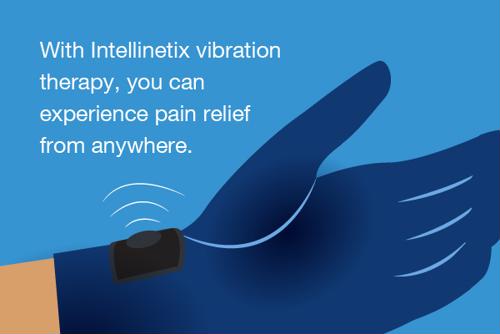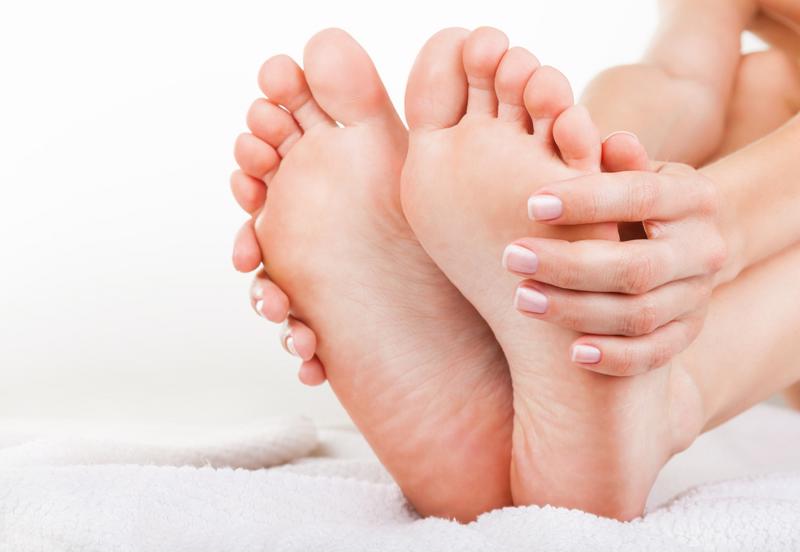
Intellinetix vibration therapy products from Brownmed are available for any part of the body.
With tingling, numbness, sensitivity and endless discomfort, peripheral neuropathy is anything but the life of the party. The good news is that there are ways to find relief from the pain.
Try alleviating your symptoms with these treatments and therapies:
1. Ask your doctor about medications
Along with medications for the condition causing the peripheral neuropathy, there are others designed to specifically help relieve the symptoms. Those include painkillers, which doctors may prescribe if the over-the-counter options are ineffective. Anti-seizure medications, topical treatments and antidepressants may also provide much-needed pain relief.

2. Find a masseuse
Whether it's your significant other, friend, family member or a professional, put your feet up and have them rubbed. The same goes for your hands. While it may only provide temporary relief, the massaging sensation can help improve circulation and stimulate nerves. Of course it feels nice to be pampered, but you can always massage your own hands and feet when the pain is at its worst throughout the day.
3. Follow a healthy diet
The Foundation for Peripheral Neuropathy recommended consuming low-fat meats, dairy products and plenty of fruits, vegetables and whole grains. Plus, try not to overdo it on the adult beverages. According to Livestrong, foods high in thiamine, protein and antioxidants can also help the nerves heal.
4. Keep moving
Your neuropathy doesn't have to limit your ability to maintain your health and fitness. Stick to an exercise plan or go for daily walks. Swimming and biking are great fitness options, as they don't involve additional pressure or impact on your hands and feet. Nancy Campbell, M.S. and exercise physiologist at Dana-Farber Cancer Institute, further recommended low-impact exercises such as calf stretches, ankle rolls, leg lifts and finger taps. Any movement can help get your blood flowing, while also giving you a productive distraction from the pain.
5. Breathe in and out
Many people who suffer from peripheral neuropathy find comfort in relaxation techniques, such as meditation and yoga. The idea is to release stress and tensions that can make the pain worse.
6. Master your sleep routine
While it's common for neuropathy to keep you up at night, there are certain methods you can try to get a better night's rest. Try not to drink caffeine in the afternoons and evenings, limit your naps and try to get used to sleeping and waking up around the same time each day. The Foundation for Peripheral Neuropathy further recommended sleeping with a pillow between your legs to keep your knees from touching, which can reduce pain and pressure. Keep trying until you find the routine that allows you to get your optimum beauty rest.
7. Try vibration therapy
Doctors often prescribe TENS for acute forms of nerve pain, but it can sometimes cause an uncomfortable electric shock. Vibration therapy can also increase blood circulation and provide sensory distractions, but without the shocks. Intellinetix vibration therapy is wearable and rechargeable, so you can take your treatment with you, anywhere you go.
